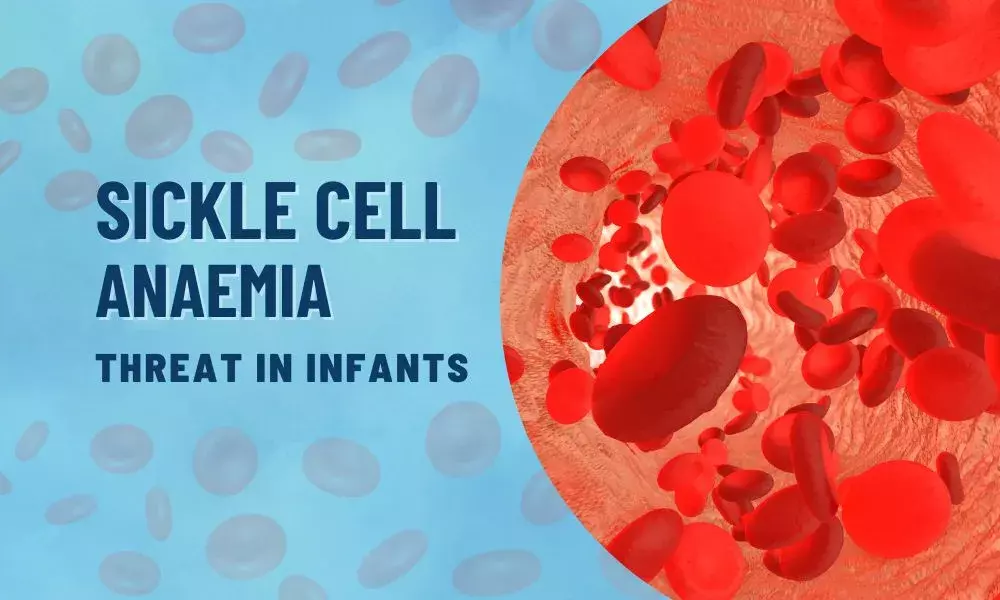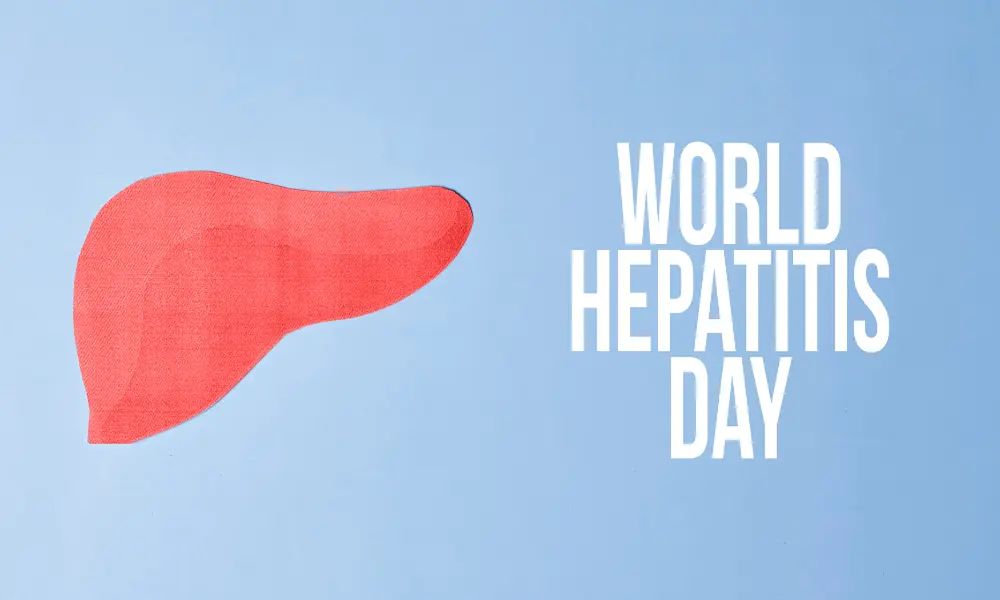Why do we still crave junk food when we all know that consuming it can be unhealthy? Let’s investigate the causes of these hankerings.
Even though we know how unhealthy junk food is, we still crave it. When we choose junk food over healthy food to satiate our gastronomic needs, we risk developing cardiovascular diseases like diabetes, high blood pressure, obesity and heart attacks which open avenues for other health problems as well.
In this area, research is still ongoing. Dieticians and the co-founders of Healthy Steady, Kajal, and Bushra, have discussed why we crave junk food.
Many people think that wholesome foods can’t be tasty because they dislike eating fruits and vegetables as children. But we aren’t kids anymore, with the present lifestyle conditions that need to be kept, a definite nutritional intake is required. Did you know it can take up to 12 tries before you develop a taste for a particular food and that your taste buds change every 5 to 6 years? We all agree that junk food tastes better but tasty, healthier alternatives are also possible—the trend of eating healthy food that tastes just as good has actually driven the want to eat junk food away.
Many people believe that sleeping costs them time and is a sign of weakness. According to research, less sleep than necessary increases cravings for unhealthy foods.
The areas of the brain associated with pleasure lit up more in those who slept less and subjects saw pictures of ice cream and pizza rather than veggies and yogurt, according to a recent study that analyzed brain activity and compared those who slept 9 hours v/s 4 hours. “Sleep deprivation negatively impacts all of our body’s systems, increasing our desire for comfort—whether it comes from a warm hug or junk food.”
In a stressful situation, our bodies release “Cortisol,” a stress hormone. Science has shown that consuming fats and sugars improves and increases comfort. Our body consequently develops a craving for more of these foods. According to a study that supported this, sugar appears to lower cortisol and suppresses the stress signals in the brain.
Hormones in your body can cause havoc during both monthly menstrual periods and pregnancy. The coordination of your gut and brain by hormones such as leptin and serotonin can cause extremely strong cravings at inconvenient times.
Ever wonder why it’s recommended to chew food 32 times before swallowing it? 32 is a far-fetched number actually, wherein most people today aim to finish their entire meal in just 5 to 10 minutes. Now is the time for us to all reevaluate this habit. Overeating can result from the brain and gut not communicating properly during fast eating, which can cause the brain to miss satiety signals.
Our minds frequently mistake hunger signals for thirst signals. We will eat all the unhealthy junk food lying around the house if we don’t drink enough water or if our meals don’t contain enough protein.
An underlying nutrient deficiency can also cause cravings for particular foods. For instance, a lack of magnesium makes you yearn for foods like chocolate, nuts, or beans. Sugar cravings can be caused by sugar drops or a lack of chromium or phosphorus. Similarly, you will crave salty foods like chips if you have a primary sodium deficiency.
It happens fairly naturally, when one person expresses a desire for junk food, the other person also begins to dream about it. Then they both eat their meal together while socializing. People with PICA crave things other than food, like chalk, dirt, coins, and ice chips.




